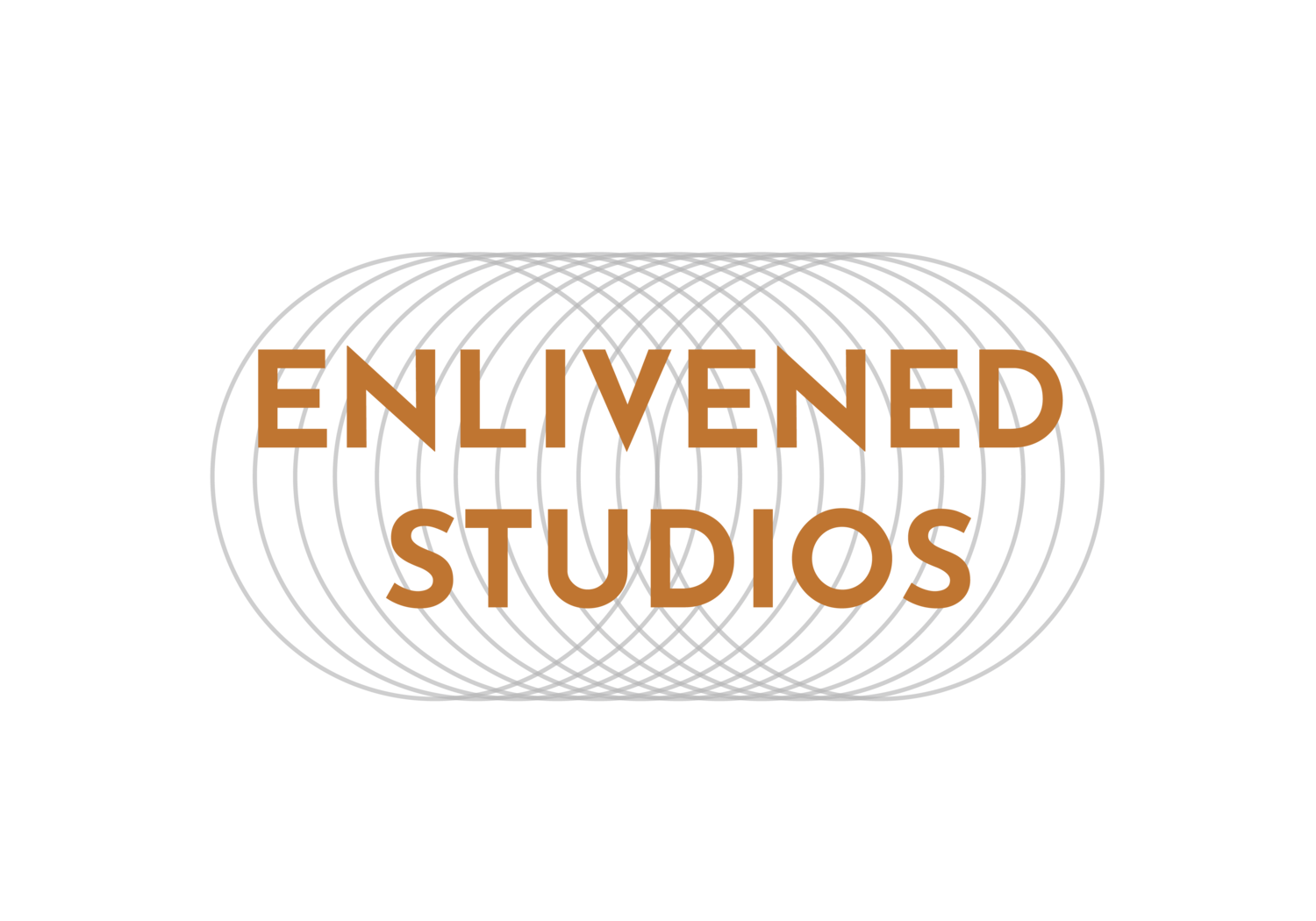Okay
I've been immersed in all sorts of courses and workshops lately, many of them focused on discovering a personal story to write or perform. I'm spending hours in rooms and theaters, talking with teachers and fellow creators about my childhood memories, life experiences, personal growth lessons, beliefs, hopes, dreams, desires. It's been super vulnerable and illuminating all at once.
But it's brought a good deal of WTF-ness as well. Here's why.
I'm operating under an assumption that I'm supposed to be lost and traumatized in some way, in order to be interesting. In order to build the story arc that readers/audiences are looking for. It's an assumption I've put on myself, by the way. No one has said to me, "Okay now, you've paid good money to join this class. You've committed to carving out time and energy to be here. So dig deep and root out your saddest, most dramatic life moments because no one likes contentment. Find your suffering, Shannon!"
No, the expectation is totally self-devised, and I've realized something interesting, albeit a little odd and uncharacteristic, with all of this: I am ashamed of being okay. I mean shouldn't I have felt loss and abandonment at some point in my life? Where are all the anguishing turning points and the rock bottoms in my living memoir?
And, most importantly: How to I write compelling work when I can't access the conflict and struggle that make them compelling?
I wonder if I'm just too Pollyanna, wearing my rose-colored glasses like ski goggles - a tight elastic band fastening the lenses over my eyes like suction cups, leaving indentations on my cheek bones to remind me: Everything is always okay god dammit, and don't you forget it. There is no conflict. All is sunny and bright and good. All. The. Time. No sir. No drama here!
Um, no. I'm not good with that. Not only because living in a dream state like that makes me super uncomfortable, but because it simply can't be true. I'm not a freaking Cabbage Patch Kid! I've lived 42 years on this planet with plenty of people and experiences and growth.
So where are my stories then?
And then it dawned on me. Maybe I've forgotten about the power of understated tension. I mean, maybe my "trauma" doesn't need to be big and audacious, but rather slight and nuanced (and even funny!) There's craft in that; beautiful work in fact, that taps into the quieter strife. The more subtle narrative climax. Like David Rakoff's mountain story in Fraud, when he faces his neuroses (about small town people, big city expectations etc.) through an arc of change literally depicted by an icy climb. Simple, but wrought with innuendo and, ultimately, a huge character transformation.
I don't know. It's a work in progress, I guess. Like anything, storytelling needs to be honed and practiced - through trial and error, and lots and lots (and lots) of editing. Not sure there's a shortcut for that.
I can't help but think of you, Ms. Anne Lamott when you said in Bird by Bird, "For me and most of the other writers I know, writing is not rapturous. In fact, the only way I can get anything written at all is to write really, really shitty first drafts."
And I love you too, Cheryl Strayd, with all your Motherfuckitude: "Writing is hard for every last one of us—straight white men included. Coal mining is harder. Do you think miners stand around all day talking about how hard it is to mine for coal? They do not. They simply dig....Write like a motherfucker."
Yes, yes, yes to all of that!
Because we all have stories. Even those of us who are...okay. We've just got to dig a little to find them and keep working on the craft.
Like a shitty-draft-writing Motherfucker.
